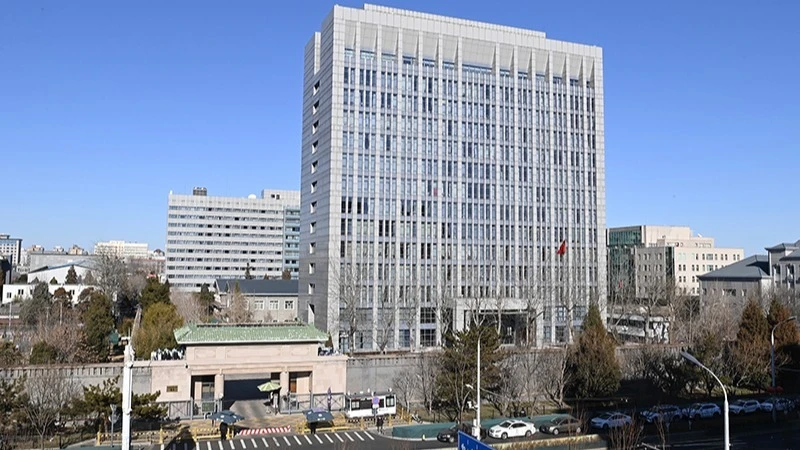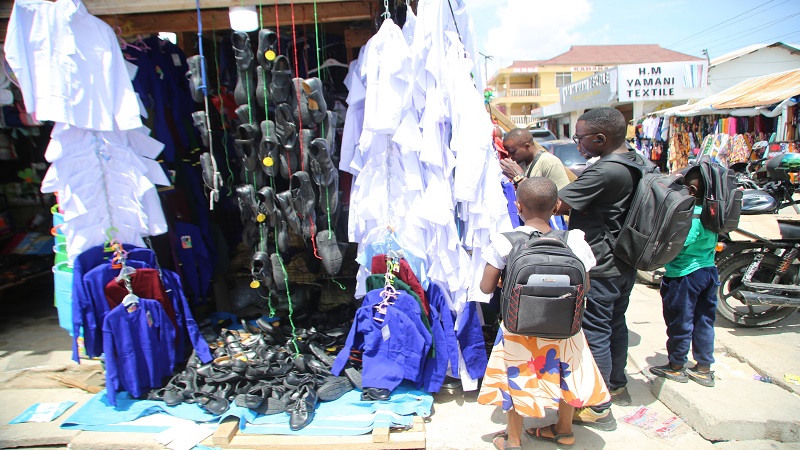Farmers find hope in new expertise to combat destructive tomato pest

TOMATO farmers in Moshi District, Kilimanjaro Region, have breathed a sigh relief from the persistent and destructive tuta absoluta pest, locally known as the Kantangaze pest, thanks to a new agricultural technology.
The pest, known for destroying up to 100 per cent of tomato crops, has long been a challenge for farmers in the region.
Speaking to farmers at a training session held at Masaera village farm in Makuyuni Ward yesterday, Judith Assenga, agricultural business expert with the World Vegetable Centre (WVC), explained that tuta absoluta has become a serious threat to tomato cultivation, with the potential to wipe out entire harvests.
However, Assenga shared promising news regarding a breakthrough in pest control.
“We introducing a technology that uses specialised hormones to attract and manage the Kantangaze pests, reducing the need for harmful chemical pesticides,” she said.
The initiative is part of the three-year Agroveg project, which is being implemented by the WVC in Moshi, with funding from Biovision through the International Centre of Insect Physiology and Ecology (ICIPE). The project aims to decrease pesticide use and improve sustainable farming practices.
Assenga also emphasized the importance of crop rotation as a strategy to prevent the pest from infesting the same land repeatedly.
“Once you harvest your tomatoes, it's crucial not to plant them again immediately. This crop rotation method helps eliminate the pest,” she said.
In addition, Assenga encouraged farmers to adopt the Push-Pull Technology, a method that uses mixed cropping to attract and repel pests naturally.
“This technology is a win for the farmers because it reduces their reliance on expensive pesticides and lowers production costs,” she said.
Dr Simon Boniface, WVC Plant Health Expert at highlighted the importance of maintaining soil health.
“Chemical pesticides harm the organisms in the soil that are crucial for nutrient cycling, affecting the overall fertility of the land,” he said.
The WVC promotes Integrated Pest Management (IPM), which combines various techniques such as crop rotation and natural pest control. The approach ensures a more sustainable and eco-friendly way of dealing with pests while protecting soil and plant health.
Top Headlines
© 2025 IPPMEDIA.COM. ALL RIGHTS RESERVED






















